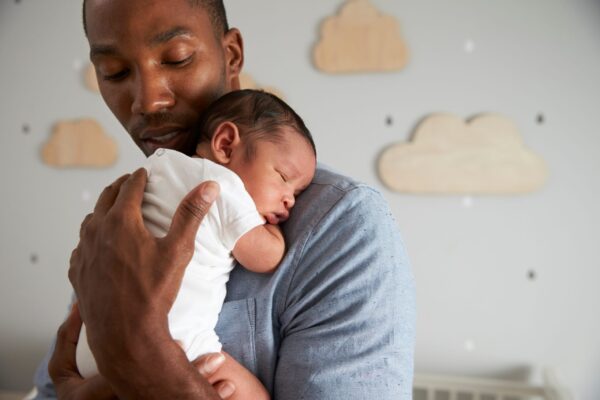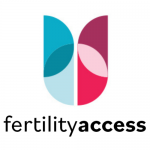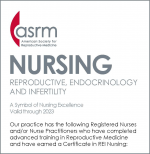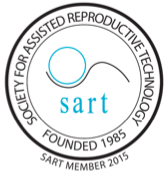What is endometriosis?
Endometriosis is a disorder that affects the tissues that line the uterus (the endometrium). When endometriosis occurs, the endometrial tissue grows outside of the uterus. It can grow into the ovaries, bowel and tissues lining of the pelvis, which can cause severe pain and discomfort and ultimately lead to significant fertility issues.
In women with endometriosis, the overgrown endometrial tissue continues to behave as it usually would, breaking down and bleeding with each menstrual cycle. Because this tissue has no way to leave the body, it becomes trapped, leading to many complications. When endometriosis spreads to the ovaries, cysts called endometriomas can form. The surrounding tissues can also become irritated and, over time, develop into abnormal tissue that can bind organs together.
How endometriosis affects your fertility
Approximately one-third to one-half of women with endometriosis can have difficulty conceiving. However, many women with mild endometriosis have no issues with fertility. Fertility issues are more likely to develop in severe cases of endometriosis.
For a woman to conceive, an egg must be released from an ovary and travel through the neighboring fallopian tube. The egg is then fertilized by a sperm cell and attaches itself to the uterine wall to begin development. Endometriosis can block or damage the tube, preventing the egg and sperm from coming together. In some cases, eggs in the ovaries can be damaged, leading to lowered ovarian reserve and reduced egg quantity and quality.
Symptoms of endometriosis
Women with any stage of endometriosis (mild, moderate or severe) can experience severe lower abdominal and pelvic pain, and some may have no symptoms at all. Endometriosis can cause mild to severe pain, especially during your period. One of the most common symptoms is pelvic pain. Although some cramping is normal during a woman’s period, women who suffer from endometriosis typically experience menstrual pain that is far worse. Symptoms and signs of endometriosis can include:
- Painful periods
- Pain with intercourse
- Pain with bowel movements or urination
- Excessive bleeding
- Infertility
- Other symptoms such as fatigue, diarrhea, constipation, bloating or nausea
If you are experiencing symptoms of endometriosis, call the reproductive specialists at Center for Reproductive Medicine today at 612-355-8596 to schedule an appointment.





